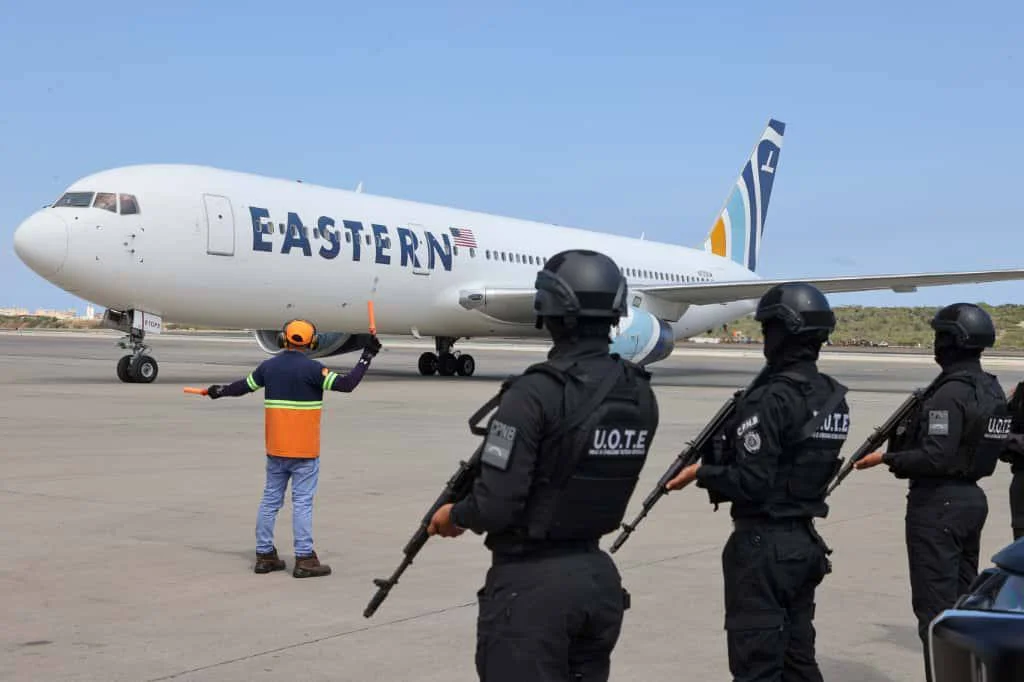Mexico announced a proposed 50% tariff on vehicles imported from countries without free trade agreements, including China, on September 10, 2025.
The tariff, awaiting Congressional approval, will likely hit electric vehicle giants BYD and Tesla the hardest. Industry experts say it could slow the rapid growth of Mexico’s electric car market.
Why BYD and Tesla Face Losses
BYD and Tesla rely heavily on China-made vehicles for Mexico. Unlike US automakers General Motors, Ford, and Stellantis, neither has active manufacturing plants in Mexico.
A 2003 decree allows companies with local factories to import some vehicles tariff-free, sparing the “Big Three” US manufacturers. This leaves BYD and Tesla vulnerable to the tariff’s impact.
Mexico’s Electric Vehicle Market at Risk
Mexico’s electric vehicle market has grown rapidly, with BYD selling 40,000 cars in 2024, nearly half of all electric and plug-in vehicles sold.
In 2025, BYD doubled its sales pace. Tesla’s Model 3 and Model Y, built in Shanghai since mid-2023, also drive significant sales. The 50% tariff, up from 15%, could raise prices and curb demand, analysts warn.
Tariff Approval and Political Context
The tariff requires approval from Mexico’s Congress, where President Claudia Sheinbaum’s Morena party holds a strong majority.
The move aligns with US pressure to limit Chinese goods entering North America, especially under President Donald Trump’s trade policies. China urged Mexico to reconsider, warning of damage to its business environment.
Stalled Plans for Local Production
Both BYD and Tesla planned factories in Mexico but faced setbacks. Tesla paused its northern Mexico factory in 2024 due to high interest rates and a slowing economy.
BYD scrapped its 2023 factory plan amid concerns over US-Mexico trade relations and technology transfer issues with China. These delays leave both companies exposed to the tariff.
Industry Reactions and Future Outlook
Eugenio Grandio, president of Mexico’s Electric Mobility Association, called the 50% tariff a “game-changer.”
Tesla may use stockpiled cars in Mexico to cushion the impact, while BYD’s low-cost strategy faces challenges. Canada’s auto industry sees the tariff as favoring US manufacturers, boosting their competitiveness in Mexico’s growing market.























